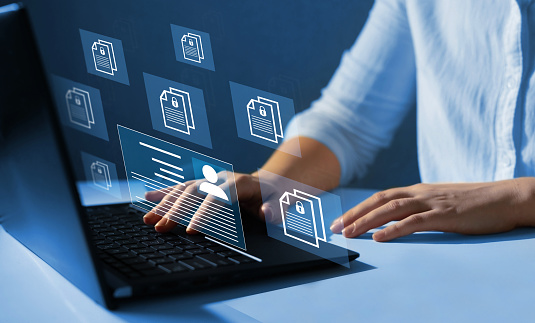Low battery notifications strike at the least convenient times and places – airports.
If you have a flight in a few hours, you come early, pass through security, and wait. While you wait, you play a few games on your phone, browse social media, or text your friends and family. Then you board, fly, and land. When you’re about to call an Uber to get to your hotel, you notice your battery is under 10%.
Like a miracle, you see a public charging station nearby and plug your phone in. You call the cab, get to your destination, and go to bed. When you wake up the following day, you see you’ve been hacked. You’re locked out of social media, and your bank account is drained.
What happened?
You’ve become a victim of juice jacking. Cybercriminals know how to load malware into public charging stations.
Public Wi-Fi is infamous for being unsafe. Hackers can launch man-in-the-middle attacks and breach your device through a network. Similarly, the problem transcends to public charging stations.
Hackers can install malware, steal data, or disable it through the cable. Airports, event venues, hotels, malls, and other public spaces are filled with charging stations.
Much of the attention is focused on iPhones but not limited to them. Androids, laptops, tablets, and smartwatches fall in the same category. If a cable is dangling and not yours, don’t plug your device into it.
This technology has existed since 2011, and it’s impossible to recognize whether a cable has been tampered with. One of the most famous examples is the OMG cable, which looks like a standard white charging port. But there’s a tiny memory chip inside it and a Wi-Fi transmitter that hackers can use to connect to your device and run commands on it remotely.
Juice jacking isn’t the most popular hacking method. It’s more likely that you will accidentally download malware than get juice jacked. Still, that doesn’t mean you should count it off as a possibility.
How do you prevent getting hacked at the airport?
Hackers can ruin your life. The stakes are high because we’re all so dependent on our devices. And cybercriminals know it. There isn’t an alarm for when your device gets compromised. Instead, it would help if you noticed signs your phone is hacked.
Here are a few ways to prevent cyberattacks and protect your devices at airports:
- Bring your own charger
This tip is a no-brainer. If you bring your USB cable and outlet plug, you won’t use the public one. That way, you’ll be safe from attacks. Create a list of items you should always carry when traveling, and include your charger. Get a portable charger if you need to fill up your device on the go. Make sure it’s full before you go on the trip, and you reduce the risk of juice jacking by 100%!
- Use a data blocker
You can use a public charging station if you have a data blocker. USB cables have two wires inside them. One is for power, and the other is for data. Hackers love the latter. Find a USB cable without a data wire and bring it with you if you can. You can plug that into the outlet and not worry.
- Don’t share data
Look at the notification if there’s no other option than to connect to a charging station. Any message that asks you to accept sharing data, to trust the computer, or something similar means it’s been tampered with. Unplug your device immediately and look for another option.
- Use an antivirus and a VPN
As a general cybersecurity rule, you should use an antivirus. Malware is still the number one cause of cyberattacks. Antivirus programs scan everything you download and keep your device safe. Constantly update them because new patches protect you from new malware.
Virtual private networks help you browse the web privately because they hide your IP address. You’re looking for trouble if you connect to public Wi-Fi without a VPN. VPNs encrypt your communication and data to ensure no one snoops on your personal information.
What about corporate devices?
Personal and corporate devices differ in what you use them for. Professional devices can have more impact on the lives of others if an incident happens. One employee’s mistake can lead to a company data breach. That’s why every company must create a culture of cybersecurity training. If people know about the dangers of juice jacking, they’ll avoid public charging stations. It’s as easy as that.






